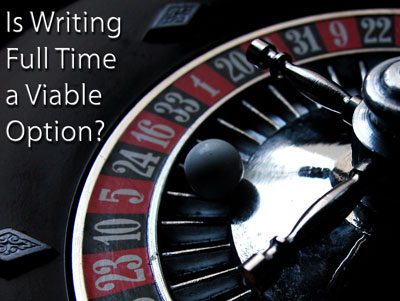
by Cathy Yardley | Business, Writing Life
The problem with burnout is you’ve taken all available personal resources, to the point where you have nothing left. Unfortunately, the demand for resources is still chugging along, and odds are good you are either trying to meet demand (or even increasing...

by Cathy Yardley | Business, Writing Life
I had big plans… I had very, very big plans for August 2024. I was speaking in New Zealand and Australia, giving workshops on writing to two different organizations. I’d never been to either place, so needless to say, I was thrilled. New Zealand went off...

by Cathy Yardley | Business
Ever run into this? Traditional publishing is notorious for wanting “new, fresh” ideas — but also wanting it packaged in ways that they can recognize. Especially in ways that are currently selling. This is how you wind up with a publishing cycle in...

by Cathy Yardley | Business
If you’ve ever read an interview with an agent or editor, and someone asks “what are you looking for?” you’ll notice they often say things like “we’re always looking for a good story” or “I want to see more stories like (whatever’s popular).” They may say they want...

by Cathy Yardley | Business, Writing Life
Note: this originally was run in my newsletter, but given the responses, I thought I’d post it here on the blog as well. Is writing full time a viable option? Around 80% of the people I work with have mentioned that, ideally,eventually, they want to be able to...
by Cathy Yardley | Business, Craft
I critique a lot of proposal packages for clients who want to improve their query letter and synopsis prior to submitting to agents and editors. I thought I’d show you guys a peek under the hood of how an actual critique works. (Note: this is going to be a...






